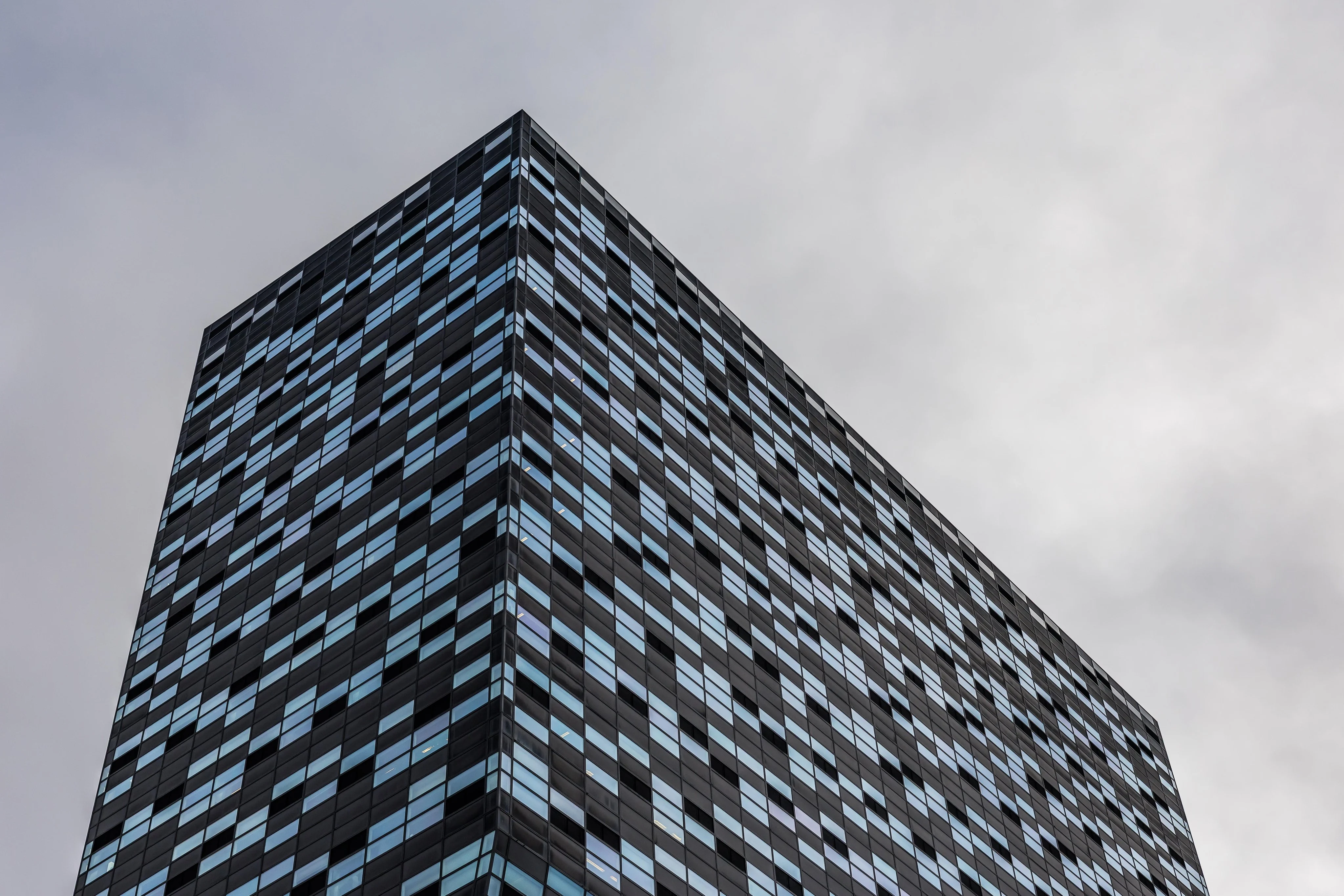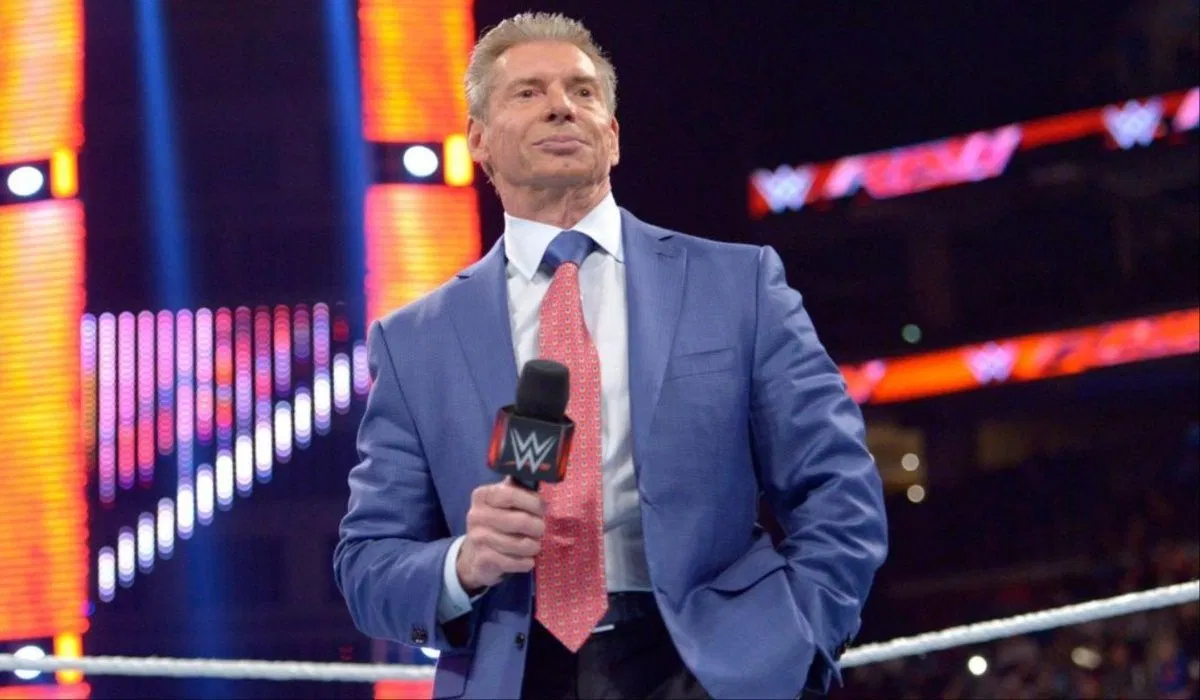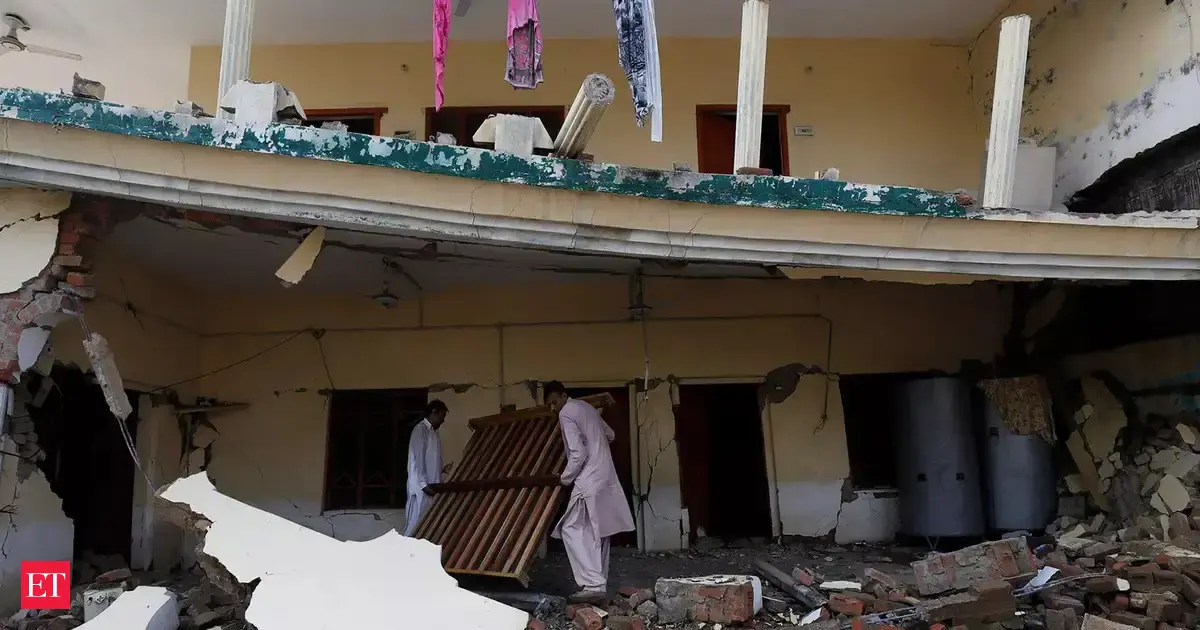Copyright scmp

The ongoing dispute between China and the Netherlands over chipmaker Nexperia has highlighted how geopolitical tensions can disrupt an otherwise smooth global supply chain, according to analysts. Based in Nijmegen, Netherlands, Nexperia exemplifies a typical multinational company with front-end fabrication plants in Hamburg, Germany, and Manchester, UK, as well as back-end assembly facilities across Asia, including Dongguan, China; Laguna, the Philippines; and Negeri Sembilan, Malaysia. The company is also supported by a worldwide network of sales offices and research labs. Thanks in part to its global presence, Nexperia ships more than 110 billion products a year to a diverse customer base that includes Apple, Tesla and Samsung Electronics. That supply chain was thrown into uncertainty last month when Dutch authorities seized control of Nexperia’s management and ousted its Chinese CEO, Zhang Xuezheng, who is also the founder of the company’s owner, Wingtech Technology. The dramatic move came after the US Bureau of Industry and Security recently extended export control restrictions to entities at least 50 per cent owned by companies already on a Washington trade blacklist. As Nexperia is wholly owned by blacklisted Wingtech, it became subject to US sanctions. Beijing responded swiftly. On October 4, the commerce ministry issued a notice banning Nexperia China and its subcontractors from exporting finished components produced in the country. Nexperia China has instructed local employees to disregard orders from the Dutch head office and to follow directives from local management. The split “appears superficially to stem from conflicts among corporate management, but it’s far more than that”, said Zhou Chao, an assistant researcher at the Beijing-based think tank Anbound. “It reflects the ongoing evolution of geopolitical tensions and the global trend towards decoupling within the technology industry and supply chains,” he said, adding that Nexperia’s “developed in Europe, made in China” business model had become “unsustainable under the new regulations”. Early signs of disruption have emerged. Nexperia’s Dongguan assembly plant, which accounts for 70 per cent of the firm’s output, faces challenges as wafer supplies from European fabs run short. The factory had reduced output, limited shipments and asked some employees to work fewer hours this week, according to a report on Sunday by Chinese media outlet National Business Daily. A warehouse worker quoted by the report said that production continued, but inventory levels of finished goods had been rising. Another worker responsible for production efficiency reported that while order books were full, raw material shortages persisted. A Shenzhen trader visiting Dongguan estimated that the factory had halted shipments for more than a week, with current raw materials expected to last only until the end of December, given existing productivity levels, according to the report. A separation between the China plant and the rest of Nexperia’s supply chain could be complicated and may take at least a few months, enough to jeopardise client relationships. As geopolitical risks increased, multinational tech giants must “evaluate and enhance localised research, development and compliance firewalls to ensure legal autonomy for their Chinese, US and European research systems”, Zhou said. He also emphasised the need to “redesign supply chain decoupling strategies to achieve self-reliance and control at critical junctures”. Companies were expected to shift towards a “multi-headquarters plus independent operations” model, Zhou said. “The Netherlands was foolish to jump into this geopolitical issue voluntarily,” said Jeffrey Towson, a digital strategist and former professor at the China Europe International Business School. “Nexperia China is already ignoring the [headquarters].” The Dutch government’s decision was prompted by concerns that Nexperia’s Chinese owner intended to move its European manufacturing operations to China, the Post reported last week. Wingtech’s affiliate, WingSkySemi, has invested 12 billion yuan (US$1.7 billion) in a Shanghai fab capable of producing automotive chips on 12-inch wafers. Last month, Wingtech invited select shareholders to visit the Shanghai facility, which the company described as a “pivot in its production capacity strategy for the Chinese market”. The company announced plans to begin shipments to a “leading Chinese electric car maker” this month, using the plant’s “new-generation metal-oxide semiconductor”, according to a statement on Wingtech’s website dated September 29.



